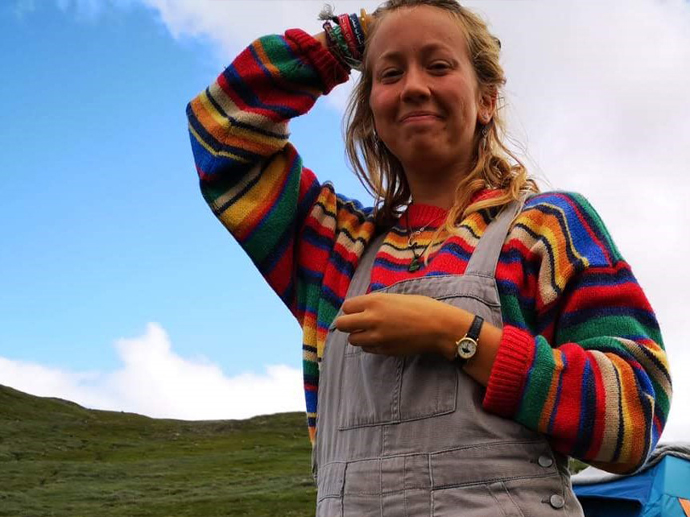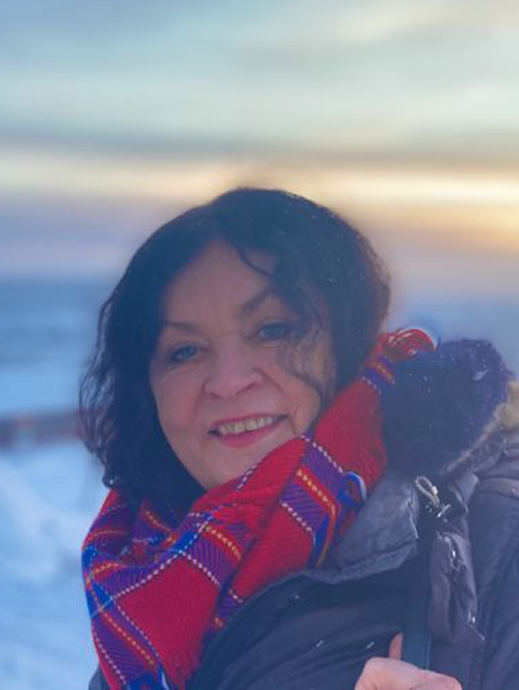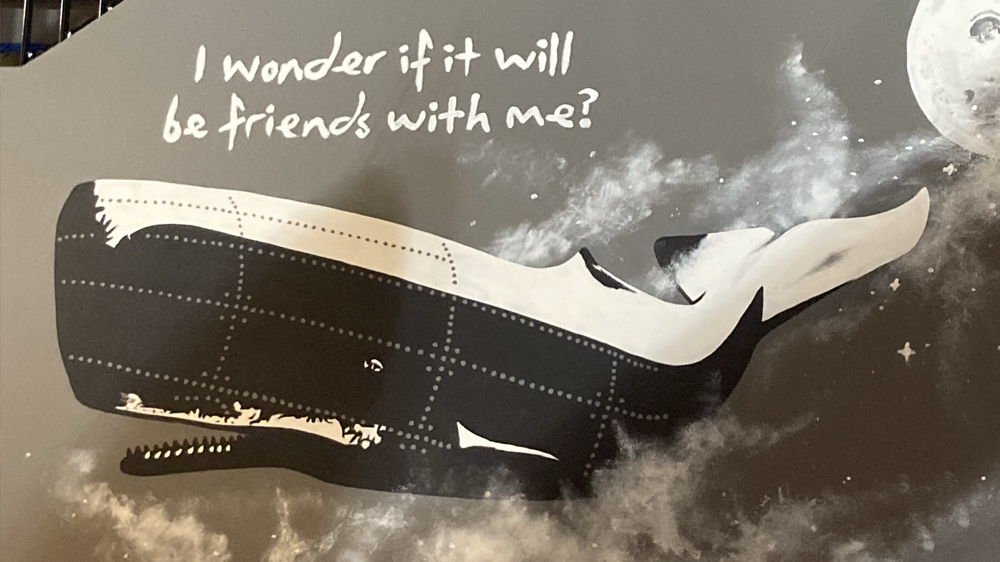About the Lecture
The whale is held to have great symbolic meaning, as an environmental emblem, as food, as tourist attraction, and more (Kalland 2009; Kramvig, Kristoffersen & Førde 2016). As such, the whale can be said to be multiple, acquiring different meanings in different contexts. And yet, it is also essentially unknowable—an ocean-dwelling mammal of huge proportions and a set of sensory apparatus humans can only begin to imagine. This makes the whale an ethnographically “slippery” subject. In this talk, we focus on whales through the case study of Andenes, a small town in the Arctic archipelago of Vesterålen where whale tourism is a major attraction. Drawing on past and future fieldwork in Andenes, we discuss our respective searches for whales found and not found, and the particular ways that the whale-as-symbol is contested in this place.
About the Presenters
Sadie Hale is a first-year PhD research fellow at the Department of Social Anthropology at the University of Bergen. Her interdisciplinary research explores temporalities of human-whale relations in Arctic Norway and the Azores, Portugal, as part of the SEATIMES project. Previously, she has studied the hunting of basking sharks and Greenland sharks in the North Atlantic, resulting in the artistic co-production Cairban (2021-2023). She is on Twitter @_sadiesaid.
Britt Kramvig is Professor at UiT The Arctic University of Norway. She has an interdisciplinary orientation and practices collaborative methodologies in all of her research. She is an expert on Indigenous ontologies, ecologies, aesthetics and storytelling. In addition, she works with tourism as a world making practice and researches how sustainability is performed locally. Ongoing publication efforts engage with everyday practices of reconciliation, memory and landscape – through research in the archive of the Sámi medical expert Knut Lunde. She co-edited the book Recognition, Reconciliation and Restoration: Applying a Postcolonial Understanding in Social Work and Healing (2020), among many other publications. She is also a fellow at the University of Durham connected to the project Exploring Arctic Soundscape and a member of the ongoing research project Mediating Arctic Geographies.
interdisciplinary orientation and practices collaborative methodologies in all of her research. She is an expert on Indigenous ontologies, ecologies, aesthetics and storytelling. In addition, she works with tourism as a world making practice and researches how sustainability is performed locally. Ongoing publication efforts engage with everyday practices of reconciliation, memory and landscape – through research in the archive of the Sámi medical expert Knut Lunde. She co-edited the book Recognition, Reconciliation and Restoration: Applying a Postcolonial Understanding in Social Work and Healing (2020), among many other publications. She is also a fellow at the University of Durham connected to the project Exploring Arctic Soundscape and a member of the ongoing research project Mediating Arctic Geographies.
